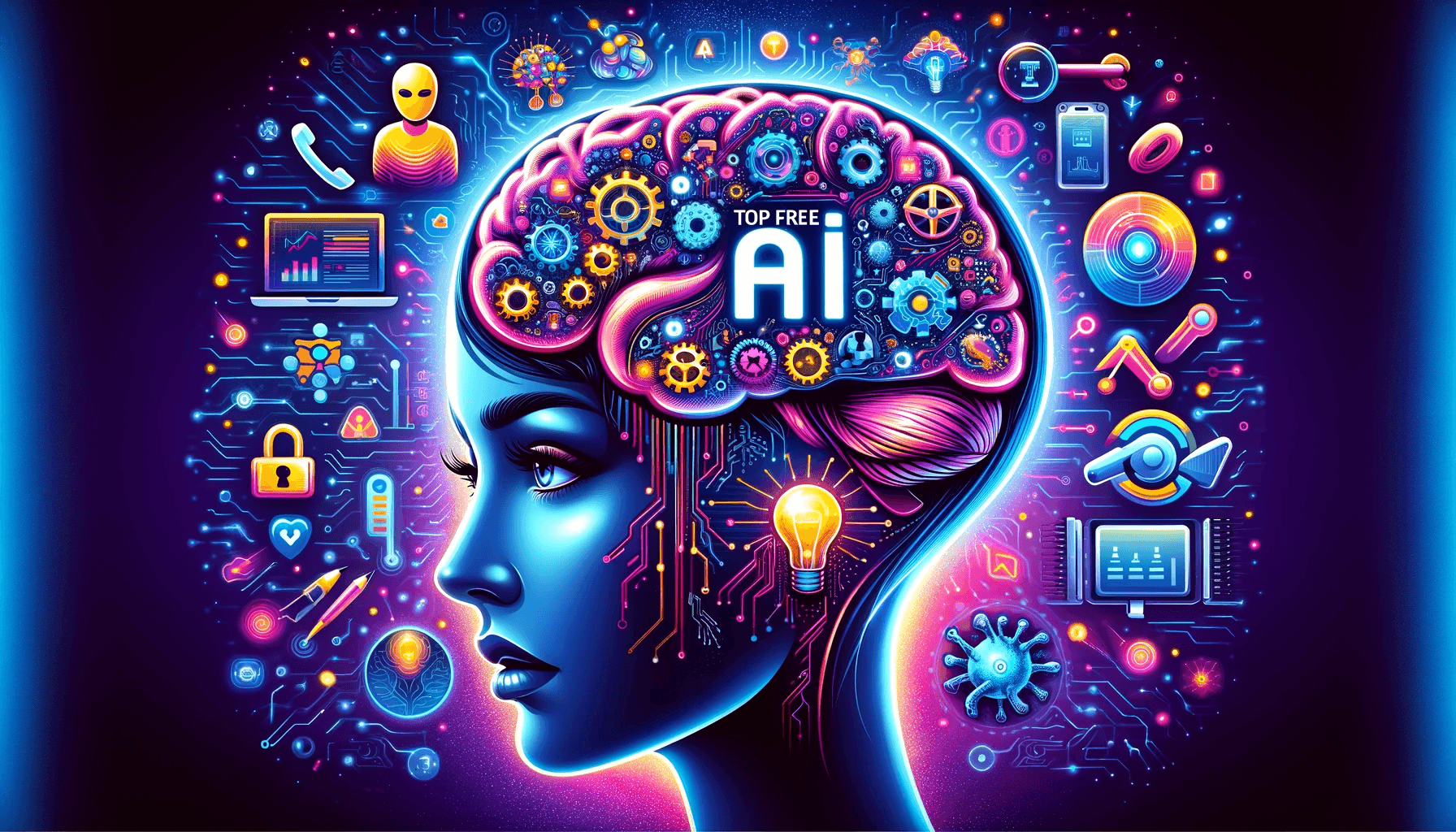Artificial Intelligence (AI) is reshaping the writing landscape, offering tools that assist with brainstorming, editing, and even content creation. As AI becomes increasingly integrated into the writing process, industry experts are weighing in on its benefits, limitations, and implications for the future of storytelling and authorship.
How Is AI Used in Writing?
AI writing tools like ChatGPT, Jasper, and Grammarly are designed to support writers in a variety of ways—from generating ideas to improving grammar and style. These platforms use natural language processing (NLP) and machine learning to analyze text, predict writing patterns, and produce human-like content.
What Experts Are Saying About AI in Writing
Boosting Productivity and Efficiency
Many experts agree that AI can significantly reduce the time it takes to create content. According to tech journalist Katherine Schwab, “AI is not replacing writers—it’s helping them write faster and smarter.” Tools that offer suggestions, summaries, or outlines can help overcome writer’s block and speed up the drafting process.
Enhancing Creativity—With Limits
While AI can generate surprisingly coherent and creative content, authors like Joanna Penn, a thought leader in the self-publishing space, believe that true creativity still lies in the human mind. She notes, “AI is a great collaborator, but it doesn’t replace the emotional depth or lived experience of human storytelling.”
Ethical and Authenticity Concerns
Some literary professionals express concern about originality and transparency. Margaret Atwood, acclaimed author of The Handmaid’s Tale, has commented that, “We must be careful not to lose the human voice in a sea of auto-generated content.” The question of who owns AI-generated writing—especially when it mimics a particular author’s voice—is also a growing concern.
Quality vs. Quantity
Editors and publishers emphasize that while AI can generate massive volumes of content, quality often requires human intervention. “AI can write a blog post, but it takes a writer to make it compelling,” says John Warner, a longtime educator and writing expert. He stresses that AI may miss nuance, tone, and cultural context—areas where human insight is essential.
Language Accessibility and Inclusion
On a positive note, AI is making writing more accessible. Tools that translate, rephrase, or simplify text help non-native speakers and individuals with learning differences express themselves more clearly. “AI is democratizing the writing process,” says Dr. Tonya M. Evans, professor and tech policy expert. “It’s helping more people share their voice with the world.”
Conclusion
Experts see AI as a powerful tool that complements rather than replaces human writers. While it boosts productivity and accessibility, it also raises important questions about authenticity, authorship, and creativity. As AI continues to evolve, the key lies in using it responsibly—leveraging its capabilities while preserving the uniquely human art of writing.







Leave feedback about this